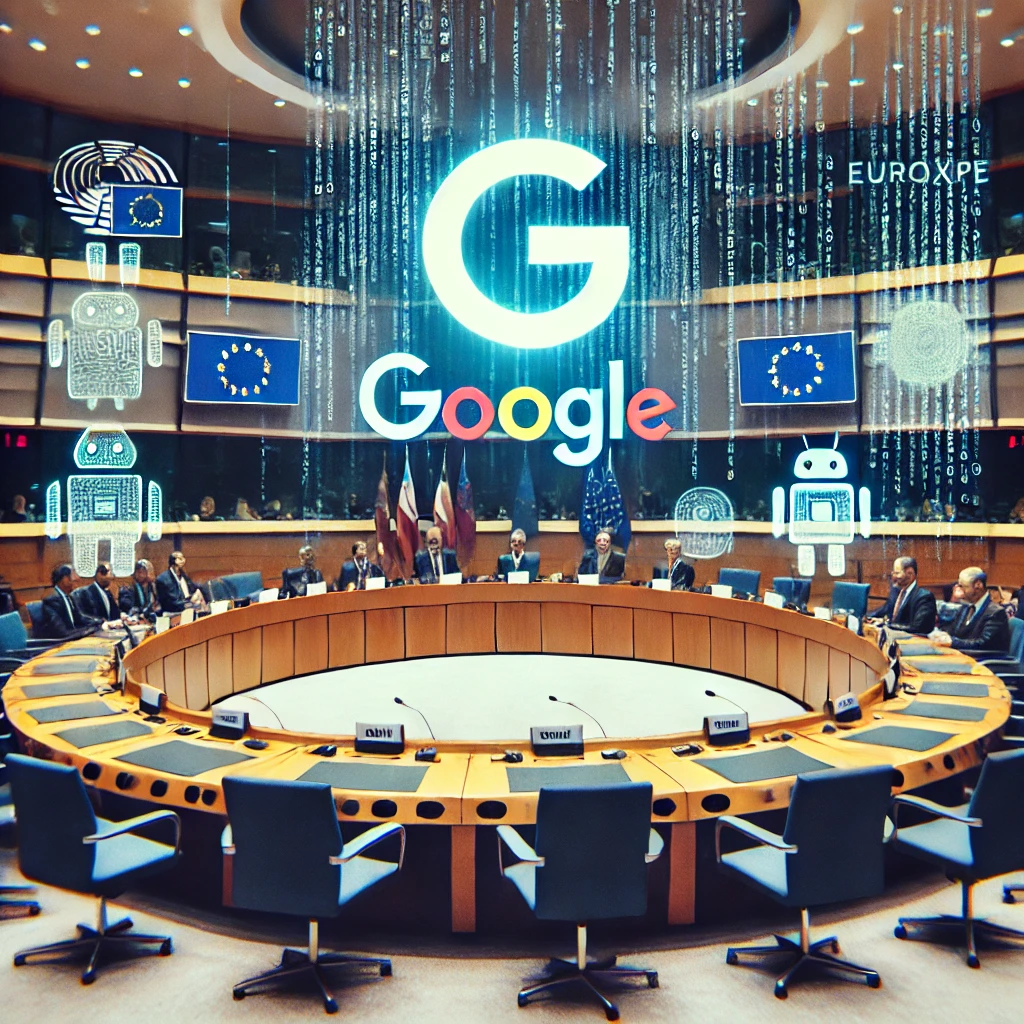ChatGPT, like other artificial intelligence systems, has significantly transformed how we access information and interact with technology. Yet, despite its capabilities, it is far from perfect. ChatGPT, as an AI language model, can sometimes provide incorrect, incomplete, or even misleading information. The challenge for users is recognising these errors and knowing how to address them effectively, especially when dealing with sensitive or region-specific information. This issue becomes even more significant within the context of evolving regulations, especially in regions like the European Union, which is actively working on comprehensive legislation around AI usage.
What to Do When ChatGPT Makes a Mistake
It’s essential to understand that ChatGPT is designed to assist by producing human-like responses. However, this doesn’t mean it is infallible. Even OpenAI, the organisation behind ChatGPT, has acknowledged that their model can sometimes output false or biased information. As a user, there are several ways to handle this issue.
If you encounter incorrect or incomplete responses from ChatGPT, the first step is to identify where the error lies. AI models, including ChatGPT, are trained on vast amounts of data available from the internet, meaning they sometimes reflect the biases or inaccuracies present in the data. This is particularly relevant when AI systems produce hallucinations – fabricated information that seems plausible but is factually incorrect. Users should always cross-reference the AI’s output with other trusted sources, especially when addressing critical matters such as legal, medical, or political topics.
Is ChatGPT Biased Towards US Policies?
One growing concern among European users is whether ChatGPT is influenced by biases towards the interests of the United States and its allies. Some users have observed that the AI might issue warnings or refuse to engage with content that challenges US policies. For instance, ChatGPT’s content policies may flag certain responses as inappropriate or “unavailable” if they touch on sensitive geopolitical issues, especially if they involve critique of US foreign policy or discussions that could be viewed as controversial.
This perceived bias could be rooted in the training data predominantly originating from English-speaking countries, particularly from sources based in the US. The imbalance in data representation might lead the AI to behave more cautiously when faced with politically charged topics related to Western or NATO-aligned nations. While the content moderation policies of AI systems like ChatGPT aim to prevent harm, they may inadvertently restrict discourse in certain areas, leading to concerns of censorship or bias.
How Europe is Responding to AI Concerns
Europe, in particular, is taking significant steps towards regulating artificial intelligence. The European Union is actively developing comprehensive regulations under the AI Act, which aims to ensure transparency, fairness, and accountability in AI systems. These regulations will likely address the issues of misinformation, biases, and content moderation within AI systems like ChatGPT. It’s clear that European AI governance will play a vital role in shaping the future of AI tools on the continent, making it more transparent and aligned with European values.
Given these ongoing legislative efforts, European users are closely watching how AI tools like ChatGPT will evolve under stricter regulations. The EU’s framework seeks to protect users from algorithmic discrimination while promoting ethical AI usage, and it will likely include measures to curb any undue bias towards specific geopolitical interests, including those related to US foreign policy.
Steps You Can Take
If you believe ChatGPT is providing biased or incorrect information, there are several things you can do:
- Ask follow-up questions to clarify and challenge the AI’s response. Sometimes, the model might refine its answer with further prompts.
- Provide more context to guide the AI towards more accurate results.
- Report inaccuracies to OpenAI. As the technology evolves, user feedback plays a crucial role in improving the system.
- Cross-check the information with other sources, especially when dealing with complex or controversial topics.
By following these steps, you can mitigate the risk of relying on incorrect information and ensure a more productive interaction with the AI.
While ChatGPT offers remarkable potential in assisting with various tasks, it is important to remember its limitations. Errors, bias, and incomplete information can occur due to the nature of its training and the data it processes. For European users, particularly, the future of AI use will be closely linked to how well the EU’s regulations address these issues. As these frameworks develop, users will benefit from more accurate, transparent, and fair AI systems.






